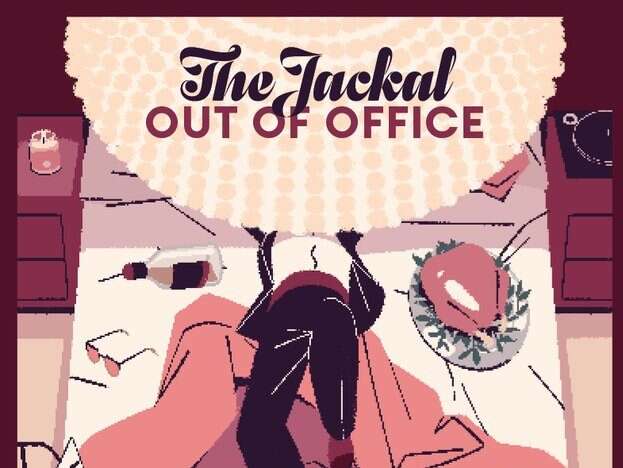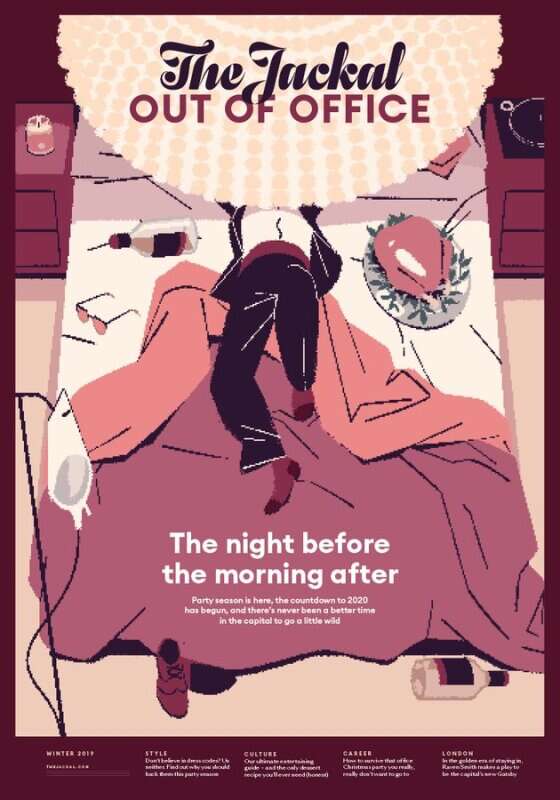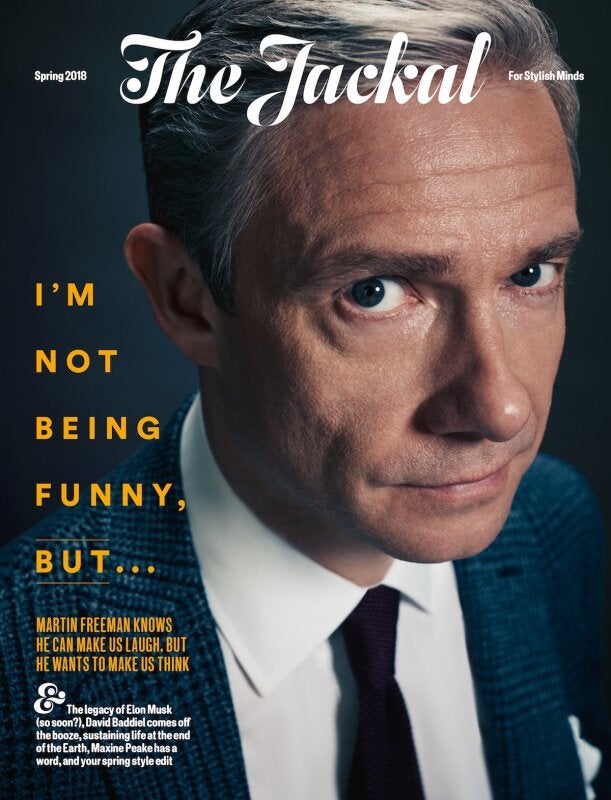
The managing director of luxury men’s magazine The Jackal has said he is “extremely proud” of the title’s achievements following its final issue.
The free title and its website were launched in March 2017 with the aim of targeting affluent male commuters who were being under-served by the free magazine market.
It was given away at select London Tube stations and other hubs, and had a distribution of about 100,000 last year, according to ABC. It was originally published quarterly, but increased publication in the past year.
The Jackal was the UK’s third biggest men’s magazine behind GQ and Men’s Health, both paid-for titles. Shortlist, which was also distributed for free, was the biggest UK men’s magazine until it closed at the end of 2018.
The Jackal’s 15th issue, released on 4 December, was its last after its owners struggled to find investment. Its also ran events and a creative content agency which brought in revenue.
Managing director and co-founder Darren Sital-Singh, previously publisher of Shortlist, told Press Gazette: “Unfortunately we simply ran out of cash”.
“We raised investment at the start of the year off the back of a growth strategy, but as we expanded the team the market became increasingly challenging and revenues dipped below expectations which meant the investment was needed for running costs rather than audience growth and product development.
“We tried to raise further funds but couldn’t find an interested party in time.”
He said he is “extremely proud of what we achieved with such a small team and limited resources”, adding: “I think if it had been a different political climate then we’d have been even more successful.”
Companies House accounts for The Jackal’s owner FDR London show it had net current assets of £4,993 in 2018, down from £11,011 the year before.
Following the publication of the final issue, editor Nick Carvell described editing the title as a “dream come true”.
Style director Gareth Scourfield wrote that it had been an “absolute joy” to work on with an “incredibly talented team”.
At The Jackal’s peak, it had a staff of eight. The team was originally led by co-founder Robin Swithinbank who edited the magazine until he stepped away from the business last year.
Swithinbank told Press Gazette he felt “saddened although not surprised, and perhaps even slightly depressed” by The Jackal’s demise.
“Saddened for my former fellow directors and the team who have poured heart and soul into building it, and also for the demise of a fantastic product and brand we’d poured huge time and energy into creating,” he said.
“Not surprised because it’s an incredibly difficult market to penetrate as titles such as Shortlist, Coach and Sport have also shown.
“And depressed because while the title showed through its circulation figures that there was a smart-thinking audience for a quality free men’s premium lifestyle title, there was insufficient backing from advertisers to sustain it.
“The Jackal was shifting more than 100,000 copies an issue, it was geographically targeted, and we created a product that was too good to simply throw away.
“How often have you seen a copy of The Jackal left lying around a Tube station? But apparently Instagram posts that sit on screen for a second or so are more valuable.”
Swithinbank added that he felt “hugely proud” of what the team had achieved, but added: “Clearly being good isn’t the only factor in success these days.
“If the title had been launched five years earlier, we might be having a different conversation because it would have had a better chance of getting digital cut-through, to develop digital influencer status.
“Influencers have soaked up so much marketing spend in recent years, leaving little room for more considered content.”
Email pged@pressgazette.co.uk to point out mistakes, provide story tips or send in a letter for publication on our "Letters Page" blog


